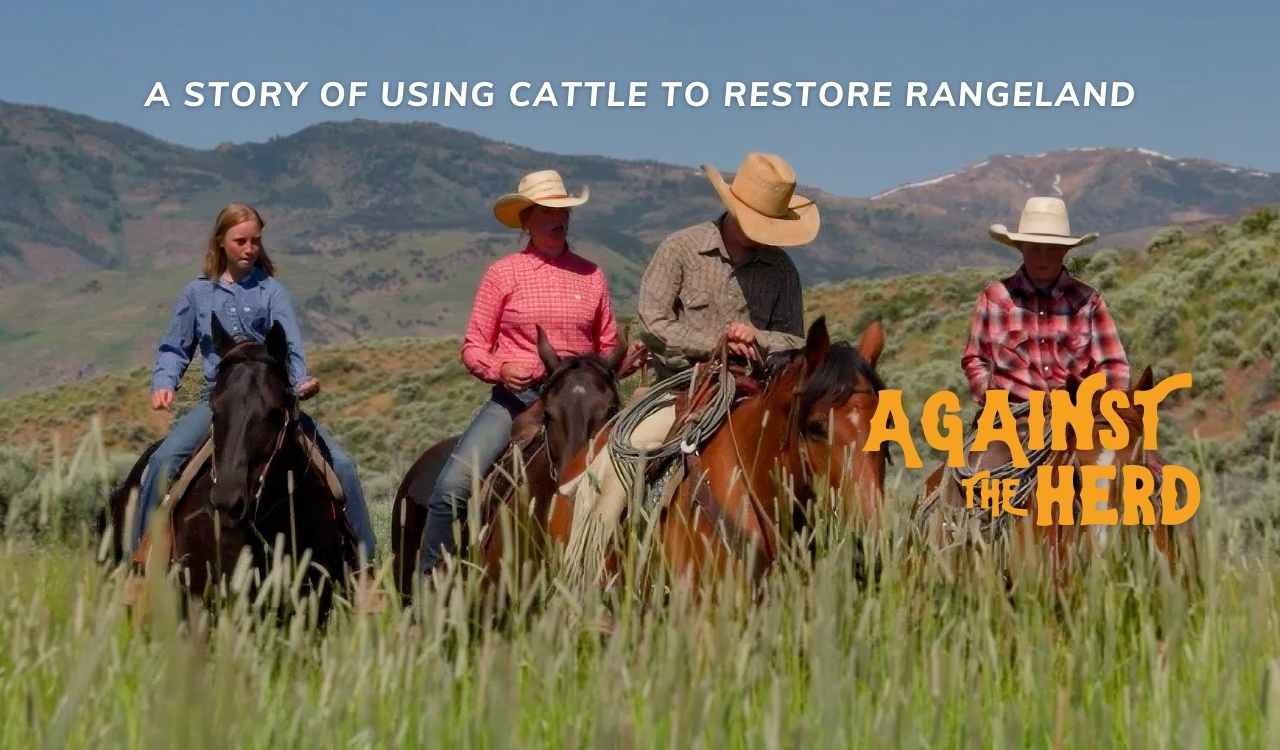Webinar
-
-

The Grazier’s Toolbox Part 2: Business Decision Making, Practical Tools and Tips for the Custom or Contract Grazier
ZoomIn this two-part workshop, founders of the Grazing School of the West will dig into the roots of what makes a grazier’s business different. In part one the class will discuss business planning and decision-making and the distinct things to consider while planning your contract or prescribed grazing business. Part one will be distinctly useful…
Free -

Bucket 2 Environmental Drought Mitigation Funding Opportunity (B2E2) Informational Public Webinar
Zoom*Reclamation will host an informational public webinar on Wed., Dec. 11, 2024, at 11 a.m. MT. Join from the meeting link: https://bor.webex.com/bor/j.php?MTID=m5203af48267faf7379c10edccd728eb2 * The Bureau of Reclamation Upper Colorado Basin Region is pleased to announce a funding opportunity for environmentally oriented projects that include additional water savings benefits within the Upper Colorado River Basin, referred to as…
Free -
 Featured
FeaturedAgainst the Herd – Film Screening and Panel with the Stars
VirtualAgainst the Herd is the amazing story of the Smith family and their Cottonwood Ranch in Nevada, and how they intersect with the future of America's public lands. Almost a century of poorly managed grazing degraded millions of acres of America’s public lands. But Cottonwood Ranch has discovered that cattle can actually be the key to restoring our rangelands.
Now the Smith family must convince legislators and agencies that cows aren't always eco-villains, or they could lose it all. Rancher Agee Smith and Prof. Jared Talley, who both star in the film, and filmmaker Jaxon Derow will join us to take audience questions following the screening!
Free